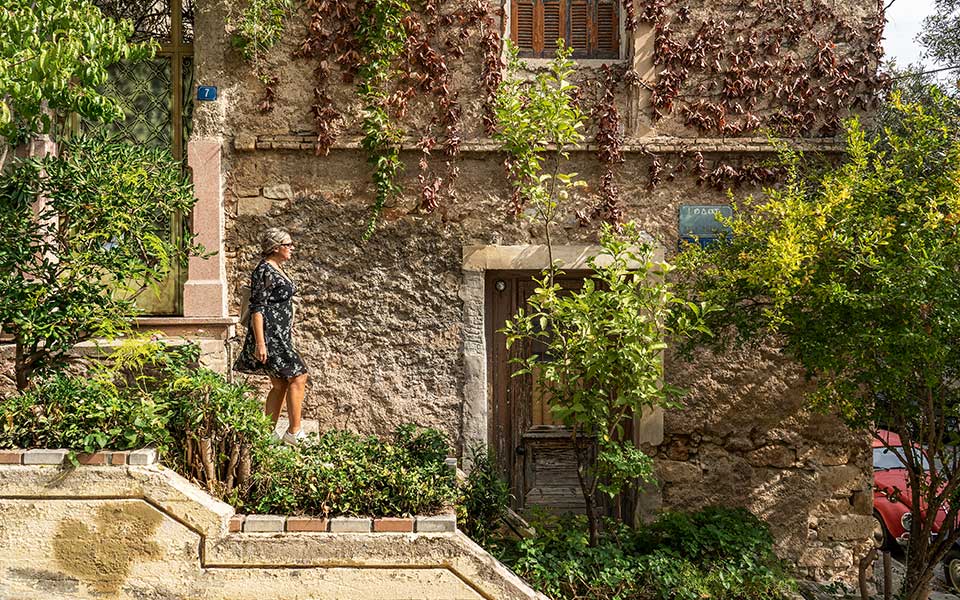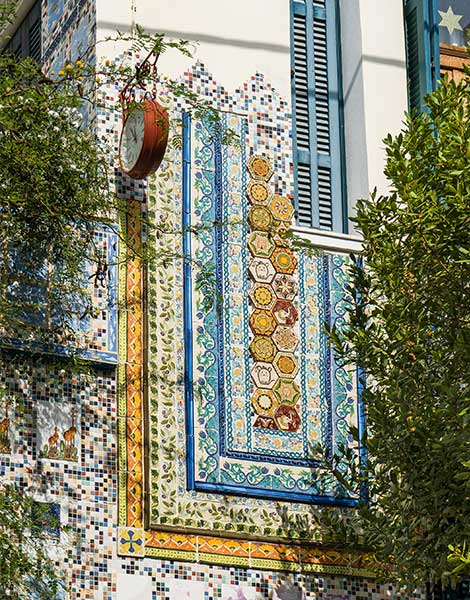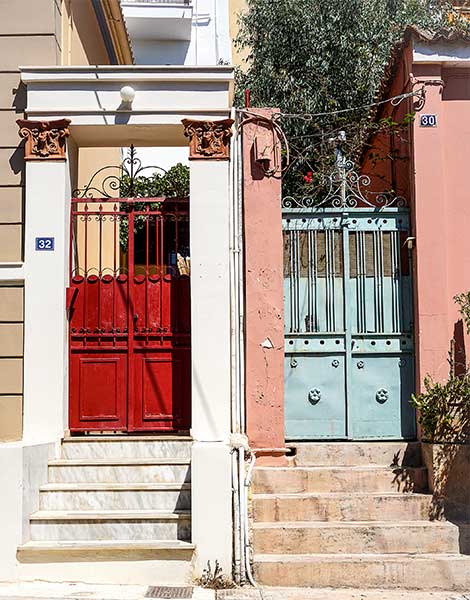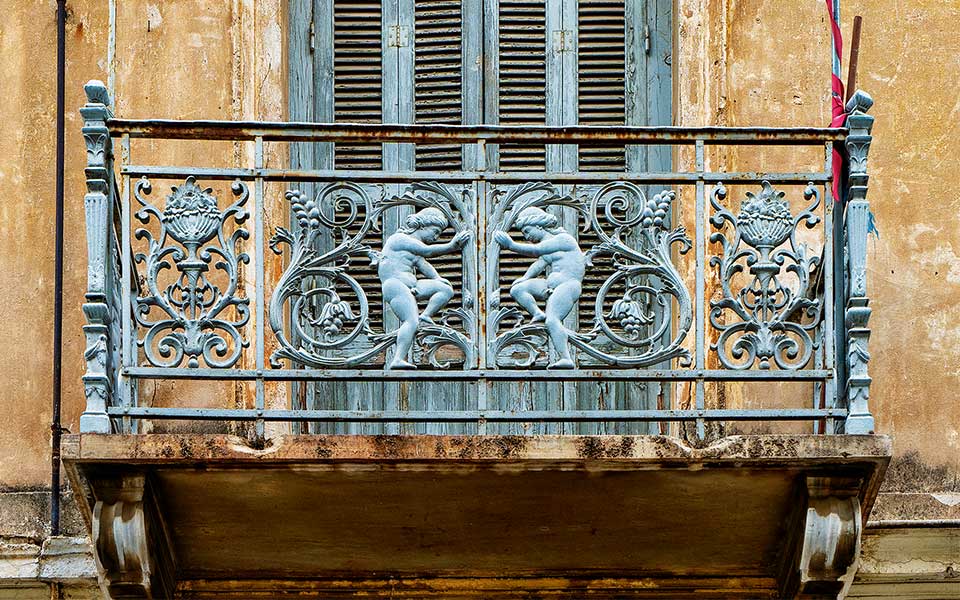Don Dines in Athens: O Skoufias, Pangrati
A hidden gem in Pangrati where...

The walk from Makrigianni towards Filopappou through Koukaki makes for a special kind of urban experience.
© Perikles Merakos
Behind the Acropolis Museum, I enter the old neighborhood of Koukaki carrying the memory of how it used to be, before it found its place in the guidebooks, a development that was unthinkable up until just a few years ago. Not because Koukaki doesn’t deserve international attention, but because the fortunes of the districts of any city rise and fall without warning, unexpectedly creating the need to take another peek behind the curtain.
There’s a wonderful route from the touristy pedestrian street of Dionysiou Areopagitou towards Koukaki and Filoppapou – one which doesn’t necessarily follow the most popular streets, such as Rovertou Galli or Kavalloti. Tsami Karatasou Street, its Athenian atmosphere equally impressive, shows us how unassuming the area was before it became a tourist destination, and even before so many tall apartment buildings sprang up, and its streets filled with cars. Often, the sight of a small house fills me with feelings of tenderness, not so much for what it was as for what it shows us with its presence today. It’s a kind of silent message to the passerby.

There are bold embellishments on interwar houses in the area.
© Perikles Merakos

Intense color contrasts on Filopappou Street.
© Perikles Merakos
There’s another street I particularly love, Zacharitsa Street. By now we’ve entered the heart of Koukaki, where many streets are named after heroes of the Greek Revolution of 1821. Koukaki has long been a neighborhood long inhabited by members of the middle class, who from the 19th century built lovely two-story homes. At first sparsely inhabited, then densely built, it was a residential neighborhood with only a few shops to serve basic needs.
Tsami Karatasou leads us to Zacharitsa, a river of asphalt running through the body of Koukaki. Here, on the façades of a few buildings we still see glimmers of an urban revival that began modestly at first, and then became a mass phenomenon, in the 1910s, ‘30s and ‘60s. I’m lumping all those periods together, as we can with the hindsight of history, but I also can’t help but pause to consider the nobility of Athenian neoclassicism when I encounter the two-story home at 22 Zacharitsa. While I’ve already passed by many other beautiful, noteworthy buildings, this particular house feels to me like the epitome of old Athens, adorned with symbols and motifs from an aesthetic palette that still evokes a whole host of associations. I keep in my memory the cherubim on the small balcony, like souvenirs from a journey of emotional meaning-making, as I head towards Orlov Street, and then turn from there onto Filoppapou Street. On the way, the small street of Mavrovouniotou causes my pace to slow, with its quiet whispers and its line of low houses.

Neoclassical cherubim on an wrought-iron balcony at 22 Zacharitsa in Koukaki.
© Perikles Merakos
But as soon as the light of Filoppapou Street floods your senses, everything you’ve seen up to now is temporarily pushed aside, because here we have a situation that verges on the unique. Strung like a garland around Filoppapou Hill, the street offers sought-after addresses, thanks to the abundant light and the breezes that blow in, dizzying your senses. Many Athenians have renovated houses here in recent years, and between the ruined remnants of the urban past, we now see resplendent one- and two-story homes, likely built between 1900 and 1920, exhibiting the bolder palette of late classicism that will be familiar to anyone who makes a habit of wandering through Athens.
The colors on the buildings here are intense and daring, far from the restrained gentility of other neoclassical buildings around the city. On Filoppapou Street, the livelier parts of the color palette are also used, bringing us intense blues and yellows and oranges and greens. Stop to gaze at the houses at numbers 30 and 32, and enjoy the harmony of the colors. Right here, the street feels caught in an eternal Athenian spring; it won’t let you forget what Athens was, and what it is…
A hidden gem in Pangrati where...
From Alexandria to Hania and on...
Ten must-do experiences in Athens, from...
Hiking lesser-known paths where history, nature...